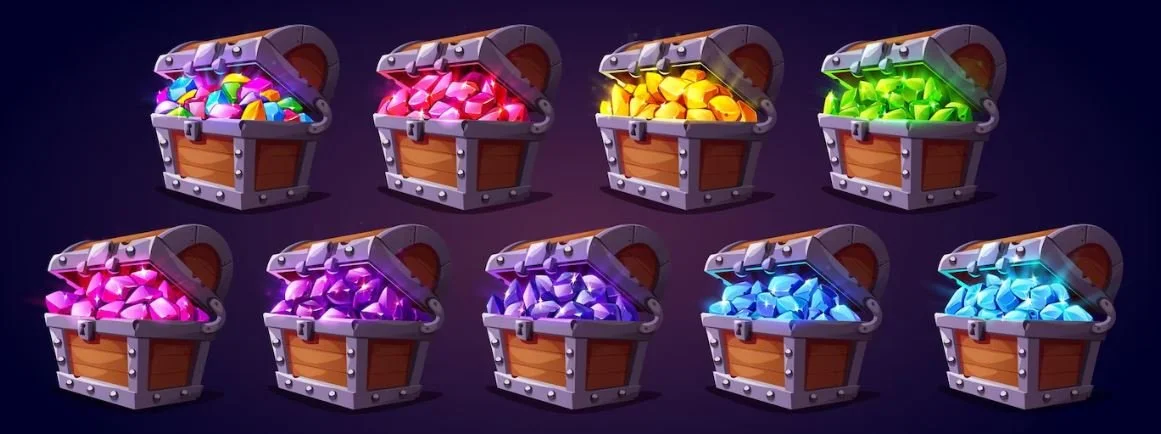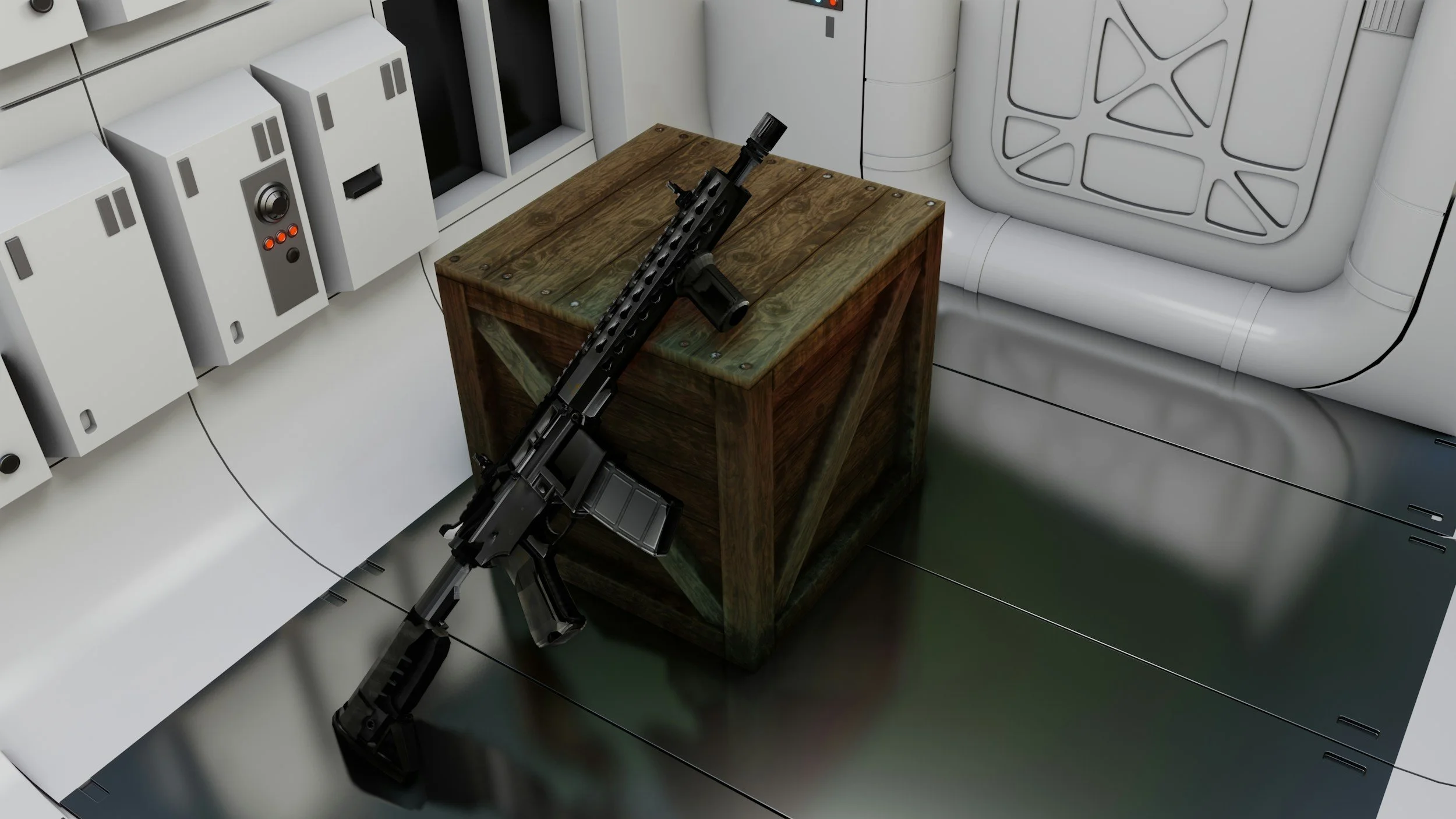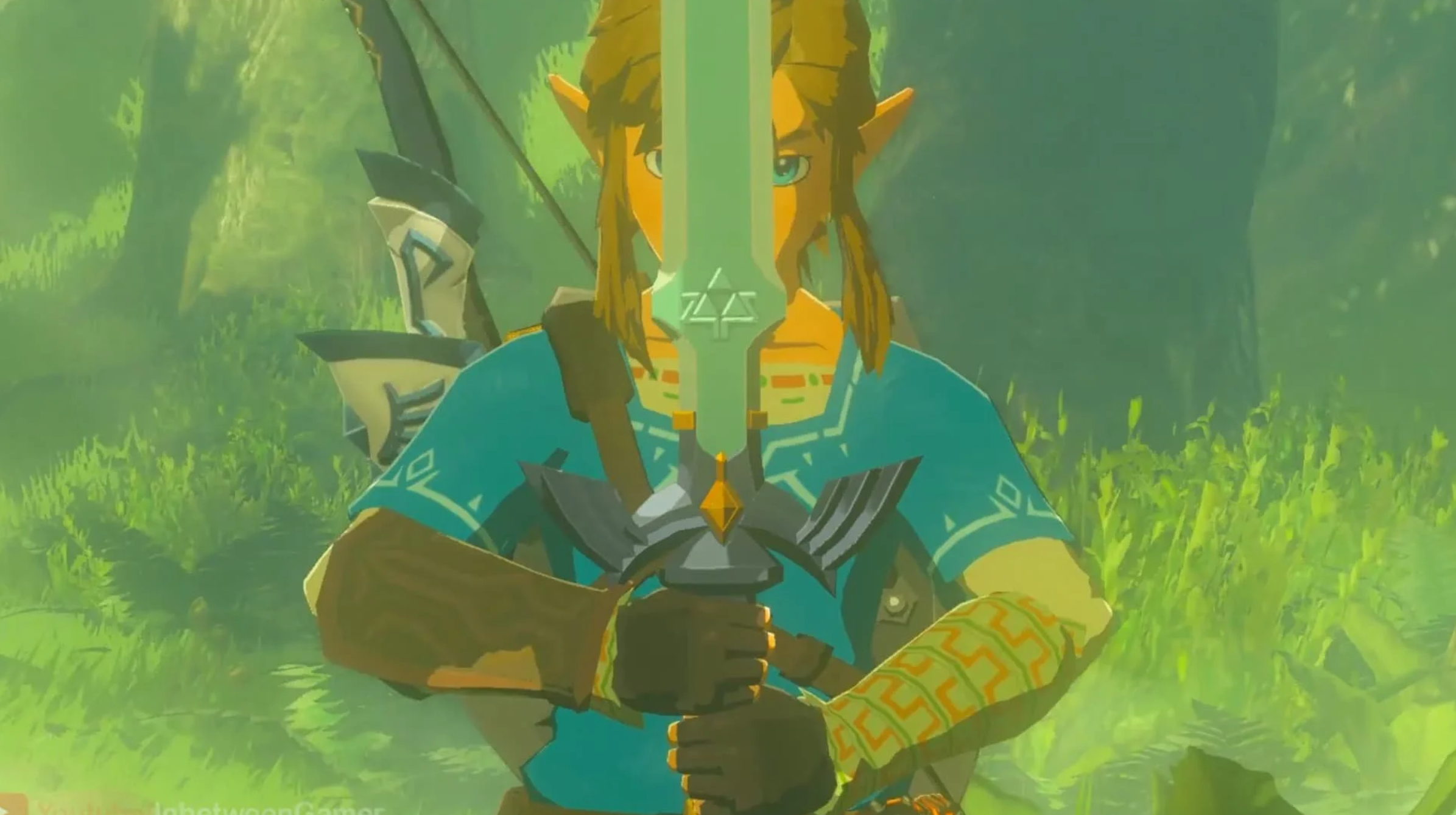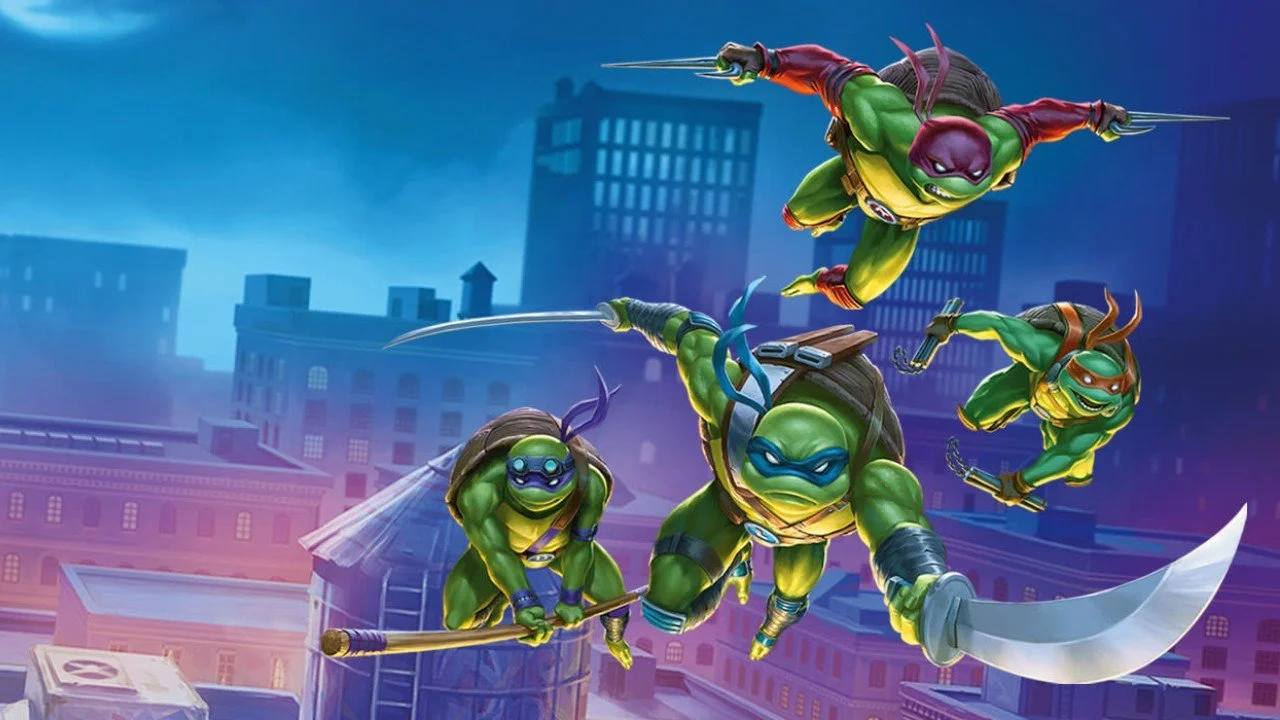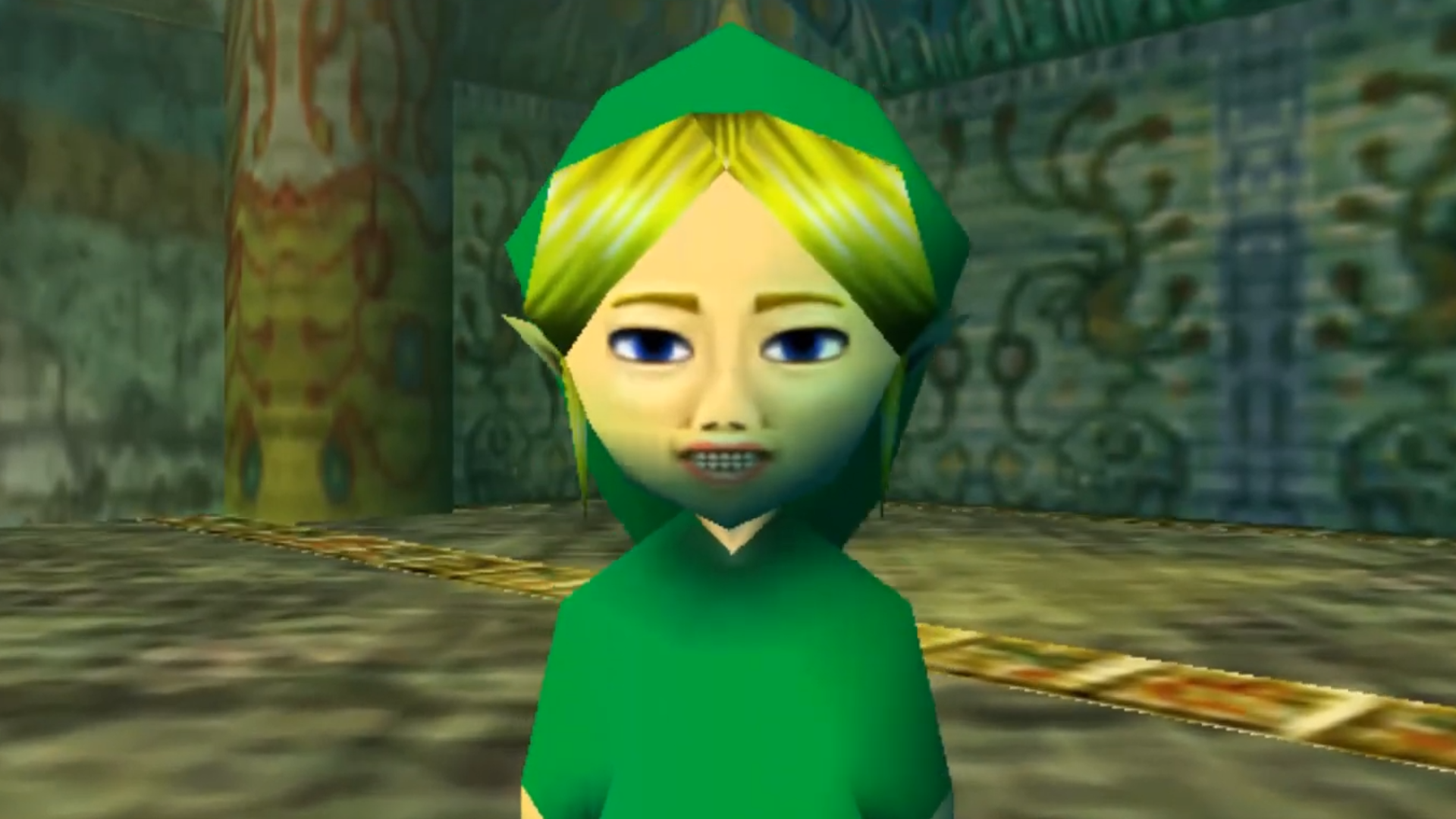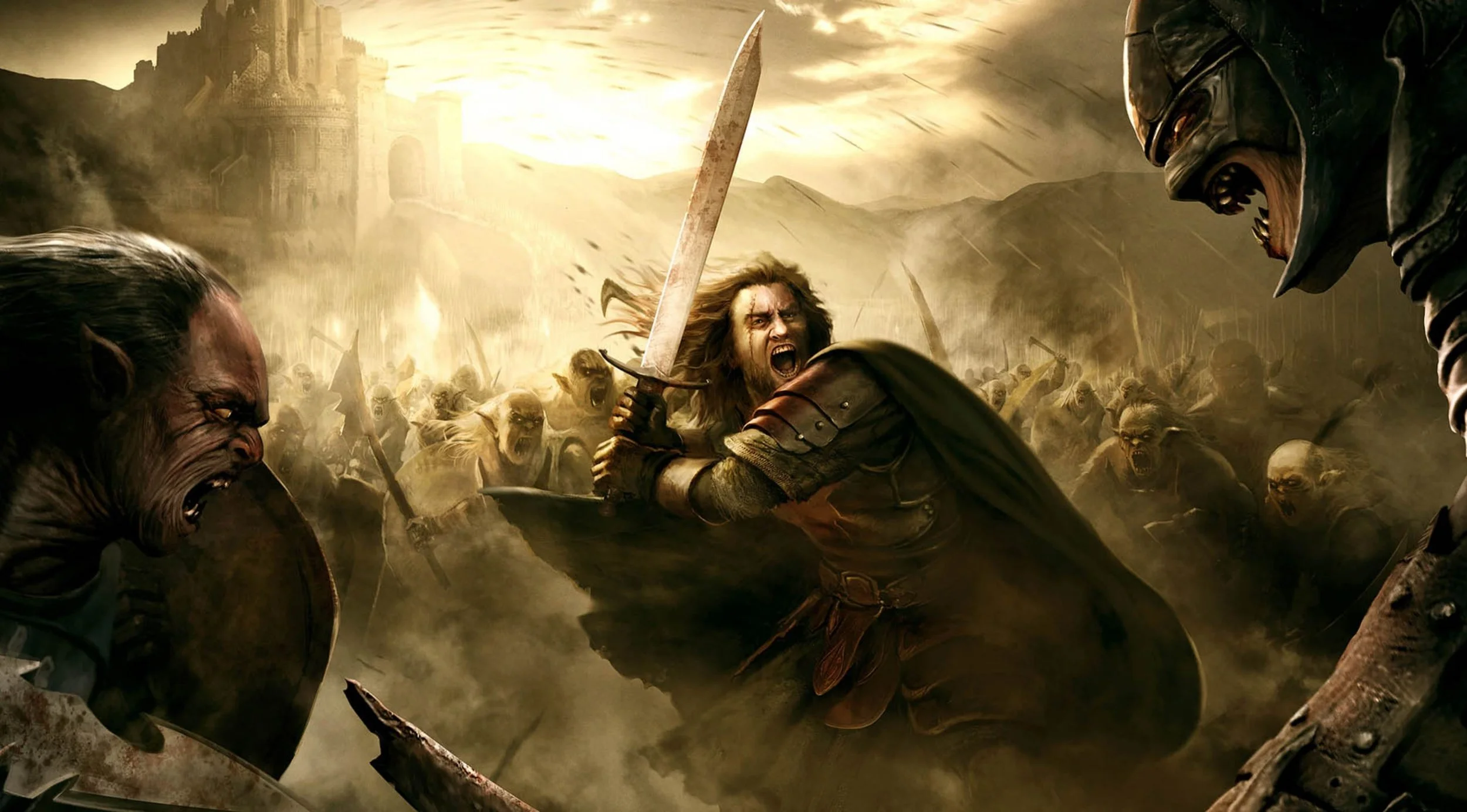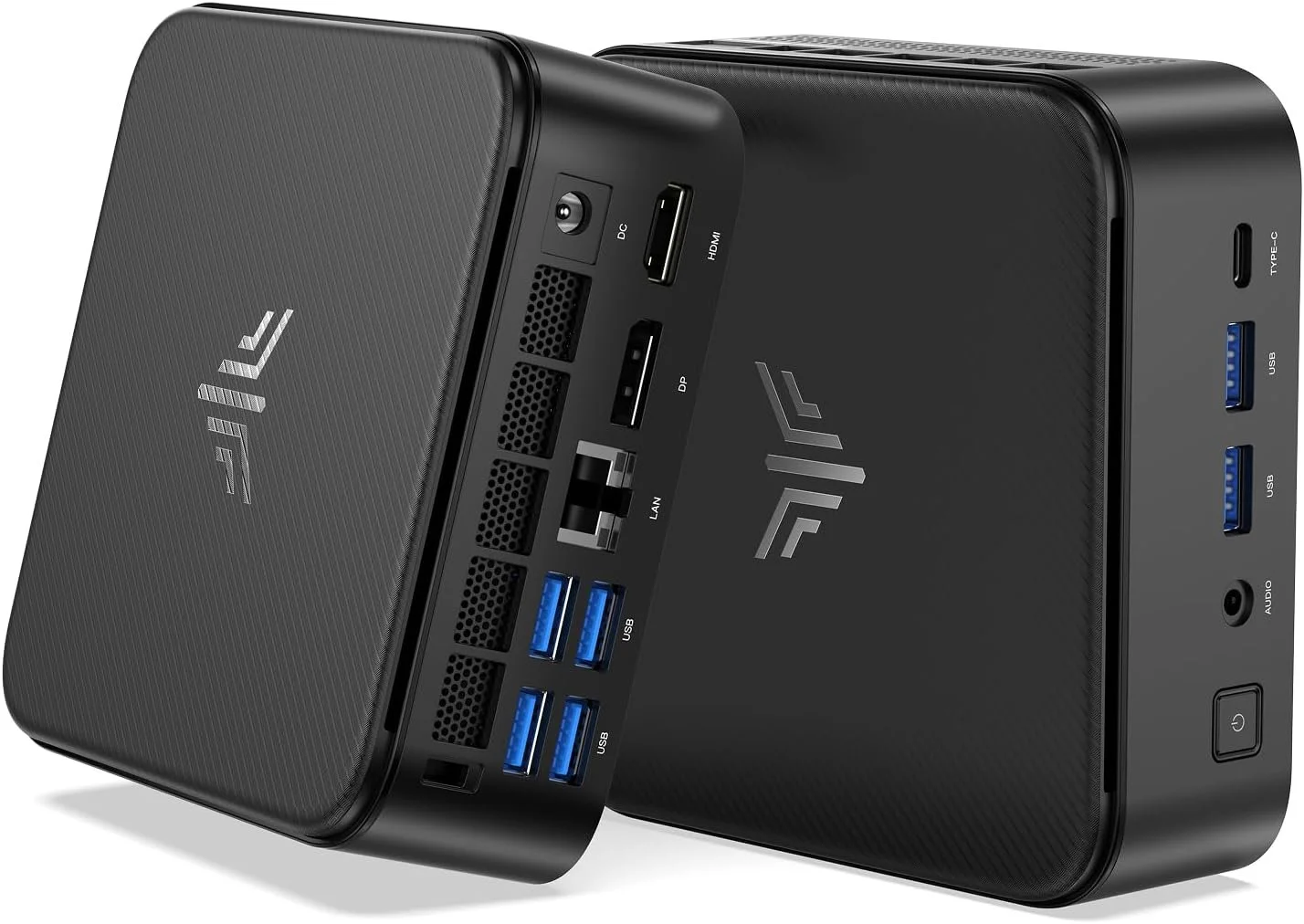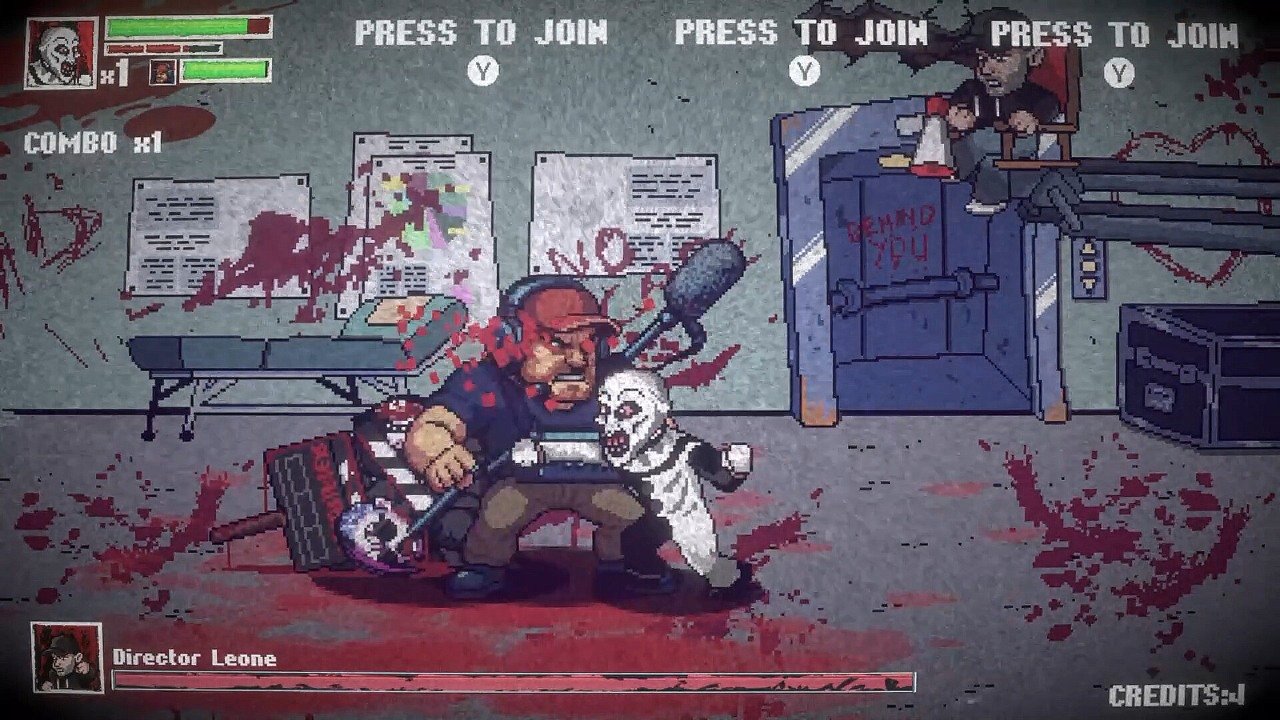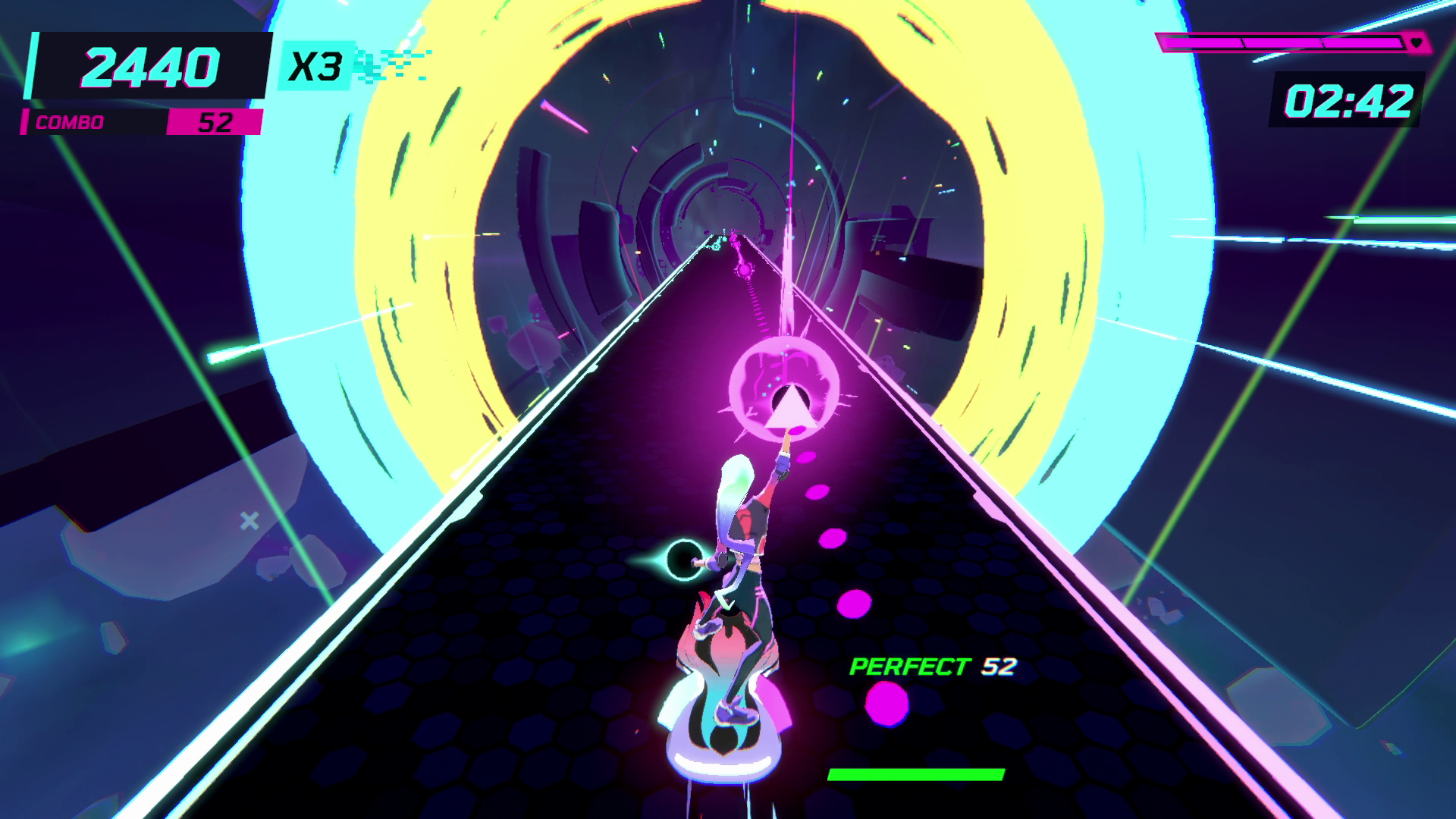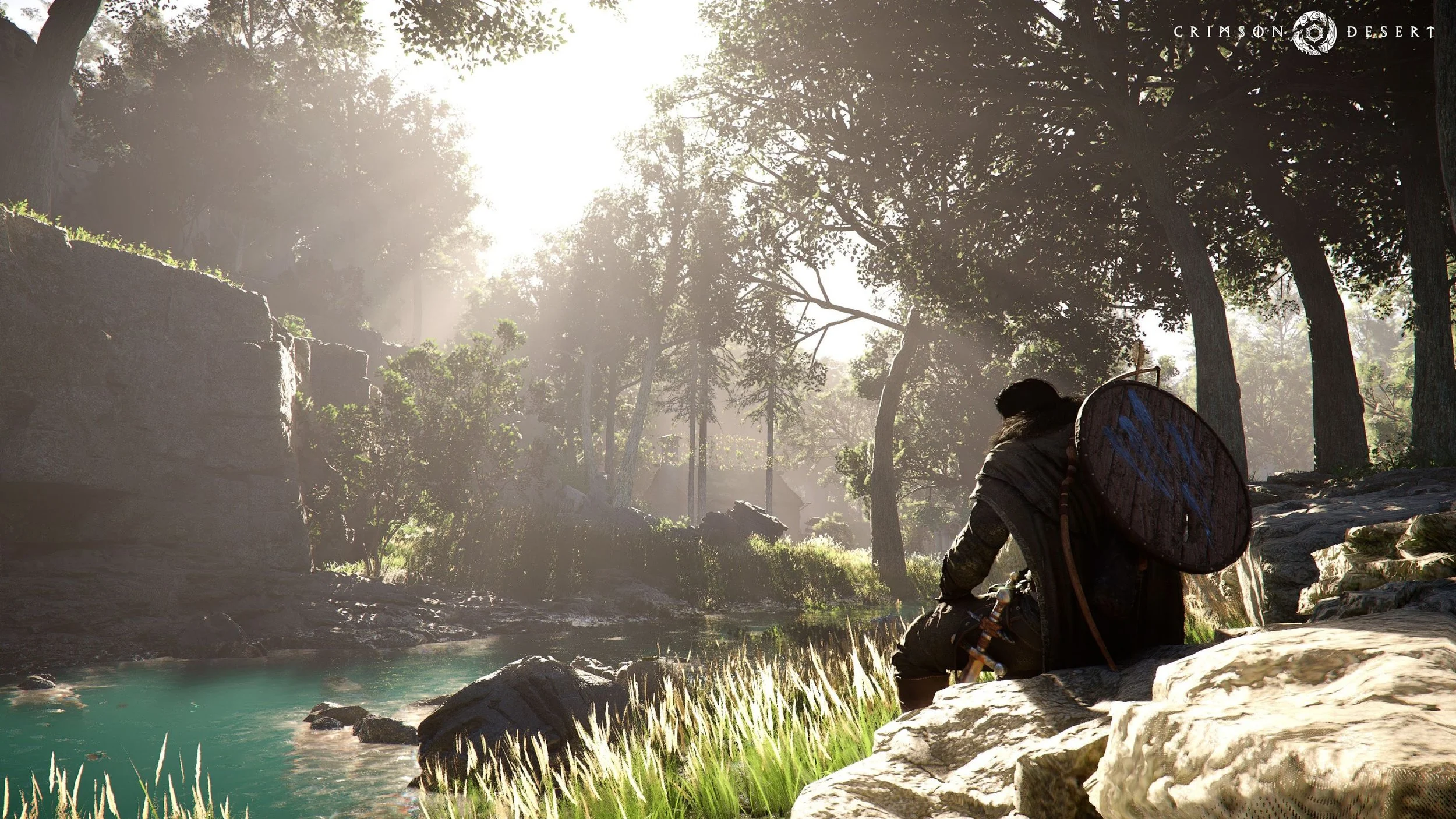Anyone who is remotely interested in mobile gaming has come across the term Gacha game. But what is a gacha game? More importantly, why is it so controversial and often compared to gambling? Well, one thing they have in common is that both can be highly profitable, and both rely on microtransactions. But the parallels don’t stop there. Here we will explain what a gacha game is and how it’s connected to gambling.
How Gacha Games Work?
Gacha games are structured around a free-to-play model that draws players in by offering an engaging experience at no initial cost. Once you’re invested in the game, you often encounter a difficulty spike or a point where progress slows significantly. At this stage, the game presents an option: either continue grinding over time or purchase resources with real money to advance faster.
But what is gacha in a game? Some may confuse it with Gotcha, which comes from the phrase - Got you or ya. Meaning that you got hooked. In reality, the word comes from “gachapon” which is a Japanese toy vending machine that gives you random toys. In other words, this Gacha isn’t a specific genre, it’s a feature or design decision that is used to monetize a free-to-play game.
Similarities to Traditional Gambling
On the surface, you might think these aren’t exactly similar concepts. When you play in a casino, you have a chance to win money. In Gacha, you simply pay and get in-app assets, and you can’t resell or refund them. However, in-app purchases are conceptualized as loot boxes. You don’t get to purchase the assets you want — you get randomized drops that vary in value. So when you land something rare, it feels as if you've hit the jackpot.
From that perspective, it’s easy to draw a parallel with casino gambling. You pay for random outcomes, and some of them are truly valuable. Hitting those big-value drops feels like winning real money. It’s an emotional high that mirrors placing a lucky bet. Interestingly, for Canadian players, this overlap in mechanics has sparked broader interest in regulated alternatives, like the best $10 deposit bonus casino in Canada, where low-risk stakes still come with a real shot at rewards and a clearer legal framework.
Gacha games, on the other hand, usually incorporate built-in bad luck protection—meaning that after a certain number of attempts, a rare asset is guaranteed to drop. This reduces volatility, but the addictive loop remains similar.
Additionally, you could also categorize the digital TCG genre as Gacha. Here, you purchase in-app currency from the store using real money. But you usually spend that currency on boosters with cards that are randomized and vary in value. In a way, real-life and digital TCGs are the original Gacha games.
Popular Games That Use Gacha Systems
There are several Gacha games that are popular worldwide:
Genshin Impact
Dragon Ball Legends
AFK Arena and AFK Journeys
Fire Emblem Heroes
Arknights
What all of these have in common is that you need to combine characters or elements to increase your power in some way. You can get the necessary resources by simply playing the game, using your skills or moves that have a cooldown, and by interacting with other players. But you can always speed up this process and become more powerful if you spend money.
You might think this means the games are bad, as they award players based on their spending rather than skill. However, you’d be wrong in a way. Often these games do have content where your strategy or skill matters, also they are usually designed to be that good so that players would want to spend money on them. In fact, Genshin Impact is huge, it has a loyal player base, and it even receives big expansions.
Government Attention and Legal Responses
It was noticed that these types of apps can lead to excessive spending, so certain governments decided to step in. In China, new regulations are aimed at curbing this monetization approach. Things like daily login awards and additional incentives for in-app purchases will be restricted as it is considered a predatory tactic. It’s possible that those titles that use these mechanics will be permanently banned from China.
In Europe, some new regulations have also been introduced. For example, studios need to allow players to buy a custom amount of in-game currency rather than selling it in bundles. Also, all items that are purchased with that currency need to have real money value displayed. In a way, players always need to be aware of how much they are spending on virtual goodies.
In Japan, the so-called Complete Gacha or Comp Gacha is considered illegal. The difference between Comp Gacha and regular Gacha is that in Complete Gacha, there are assets that are only available through purchases. This kind of forces players to use the Gacha system multiple times in order to compete, and that’s why it is illegal.

